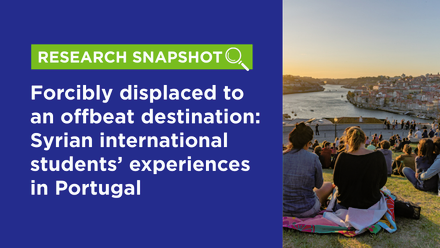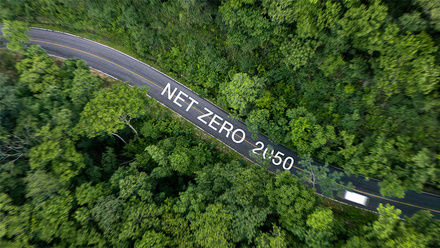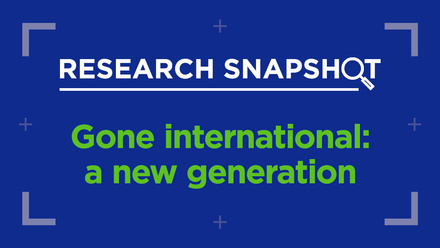The green mobility revolution: How sustainable travel shapes students' future skills
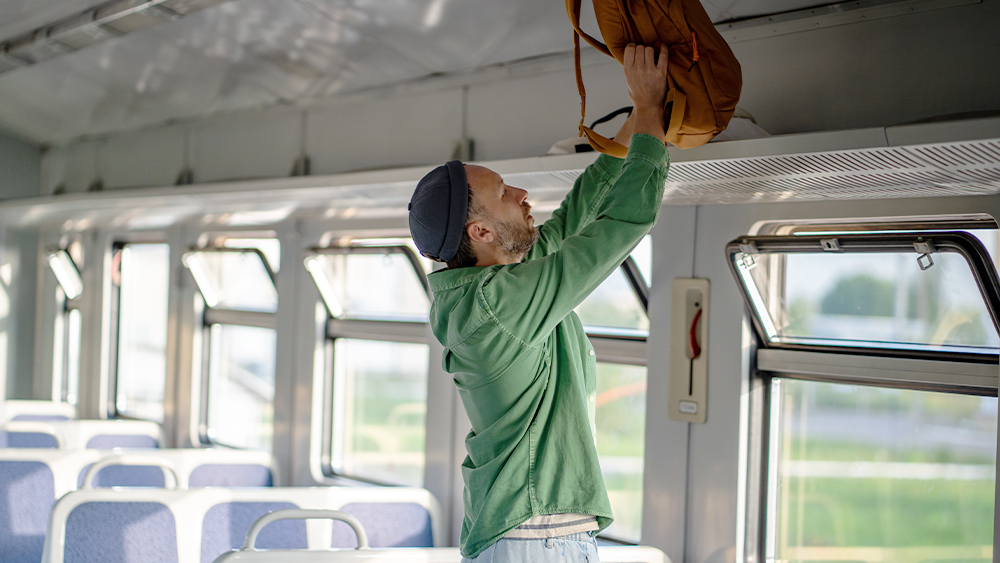
Consider a student who is going abroad in the context of a mobility programme. It is exciting to think about the opportunities to meet new people, experience other cultures, and expand one's horizons. Now, add a new dimension to this process: the choice to travel slow and in a sustainable manner. What if this student, rather than booking a short-haul flight, chose to take a train, bus or a mix of environmentally friendly forms of transportation? How might this decision contribute to their learning process beyond reducing their carbon footprint? Our poster 'Elevating students' green skills through sustainable travel' addressed these questions by exploring the intersections between eco-friendly travel and personal and professional development.
Green transversal competencies
What precisely are 'green competencies' then? Our hypothesis, based on the results of the SET project, is that there is great potential for students to foster a certain set of abilities and attitudes thanks to sustainable travel. Our methodology included a literature review of several reports and frameworks, including the LifeComp: The European Framework for Personal, Social and Learning to Learn Key Competence, the GreenComp – The European sustainability competence framework and Jacques Delors' 1996 UNESCO Report - Learning: The Treasure Within. Central to this UNESCO Report are five pillars (learning to be, learning to know, learning to do, learning to be together and learning to transform oneself and society).These pillars were chosen as the organisational structure for the 19 green competencies identified because they represent the spirit behind all the dimensions impacted when travelling sustainably. They encompass a range of transversal skills, ie qualities that are becoming increasingly important in the modern world, where adaptation and environmental awareness are essential in different areas and stages of life.
As students make decisions about how to reach their host city, they have the chance to explore sustainability while practicing a range of transversal skills, including critical thinking, problem-solving, flexibility, resilience and cross-cultural awareness. For instance, they might have to plan longer rail or bus trips, investigate alternative routes or operate foreign public transit systems. These decisions, which at first glance might appear straightforward, invite students to cultivate critical thinking, time management and acceptance of uncertainty — skills that are applicable also beyond the travel setting.
Conceptualisation and design: Our poster at a glance
Our poster provides a snapshot of how students' competencies can develop as they learn to manage the realities of eco-conscious mobility. When conceptualising this poster, we decided to visually represent the experience of the mobility, following the student from 'preparation' to 'graduation'. There is a symbolic pathway or journey depicted with several 'stops' that represent different transversal competencies that can be acquired along the way. We also wanted to highlight the end of the mobility as an academic and personal achievement leading to some form of recognition (represented symbolically by the certificate).
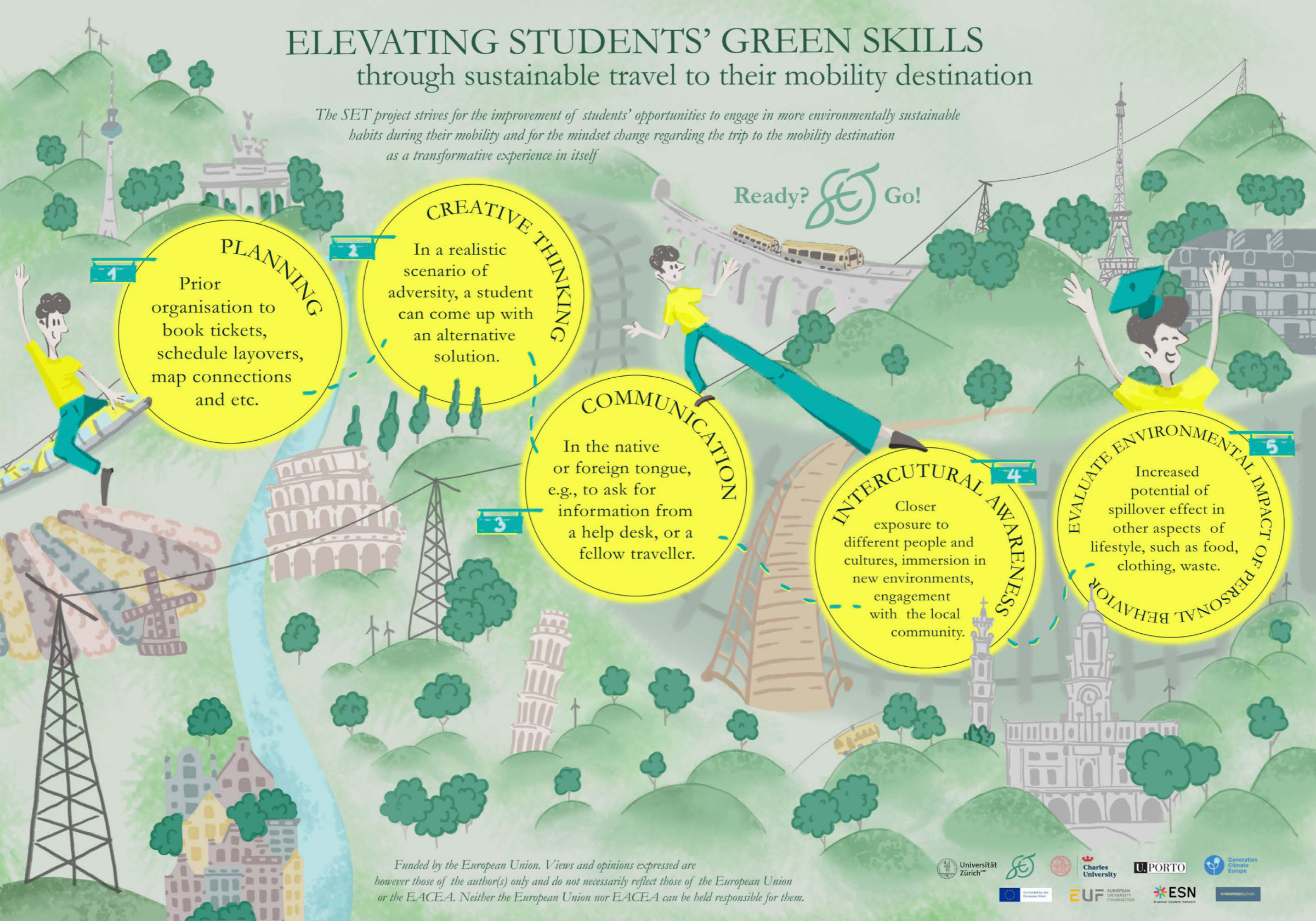
Developing skills through green mobility
For instance, one important skill that green travel fosters is resilience. When taking a train or bus, especially one that crosses several borders, unanticipated delays, itinerary adjustments, or cancellations are common. For students, resilience is fostered by learning to self-soothe and emotionally regulate themselves so they can solve problems and adjust to changing and unexpected circumstances.
Cross-cultural communication is another essential ability. Students who choose to travel 'on the ground' can engage in more conversations with locals and other passengers. Increased empathy and cultural understanding are two outcomes of these exchanges that are crucial in today's globalised, yet seemingly hostile, society. Students who travel sustainably are more likely to venture outside of their comfort zones and immerse themselves more fully in the places they are visiting.
Effective planning is equally crucial. It frequently takes longer to arrange a fully sustainable itinerary than to board an aircraft from point A to B. Students now have to carefully arrange their travels, striking a balance between their academic schedules, social obligations and travel options. Students who prepare in advance and use time management techniques acquire the skill of planning and prioritising, which is critical in both professional and academic settings.
When green mobility is promoted, students are given more authority to take charge of their travel decisions.
The primary goal of our poster was to encourage participants to reflect on green travel and the potential competencies acquired. It challenges international relations officers, academics and students alike to consider the environmental impact of their own travel patterns as a mirror to their own personal development.
This vision can trigger a few questions: By going with the quicker, less sustainable route, am I losing out on chances for personal development? How does choosing green transportation fit into my larger values? What kind of long-term adjustments to my behaviour should I carry out? This reflective exercise is valuable because it challenges the narrative of the mobility experience as a chapter that begins only upon the arrival at the host destination; rather, it is one that begins much earlier, during the preparation and planning phase at the home institution. This new approach sets the tone for recognising sustainable travel as both an educational and transformative process.
As higher education institutions place an increasing emphasis on sustainability in their courses, campus operations and internationalisation strategies, this initiative emphasises the significance of incorporating environmentally conscious decision-making into all aspects of the student experience. It highlights the benefits of eco-friendly travel, citing not just its advantages for the environment but also the future-proof skills it instils in students. Furthermore, this initiative emphasises the importance of student agency, ownership and engagement. When green mobility is promoted, students are given more authority to take charge of their travel decisions. This can strengthen their position as engaged citizens in the larger fight against climate change. This sense of agency could engender a lifetime of environmentally conscious decision-making, which can cause long-lasting behavioural changes that extend beyond students' time abroad.
Food for thought
In a world where international travel is frequently considered essential, especially for educational or professional purposes, green mobility forces students to re-evaluate how they get from place to place. This poster session provided an insightful look at the advantages of choosing sustainable travel options. By charting the soft skills that students can acquire from these decisions, universities can promote eco-friendly behaviour and reaffirm the importance of non-formal education.
There is no denying that the experience of green mobility can have a long-term effect on students. They gain more resilience, curiosity and critical thinking skills when they travel more sustainably. Individuals with these very attributes — students who are not just intellectually adept but also socially and environmentally conscious — will typify the next generation of European citizens. Ultimately, this poster is a potent reminder that life is about more than just reaching a certain destination. It is about the knowledge, principles and life lessons that we pick up along the way — especially when we decide to travel more sustainably.

